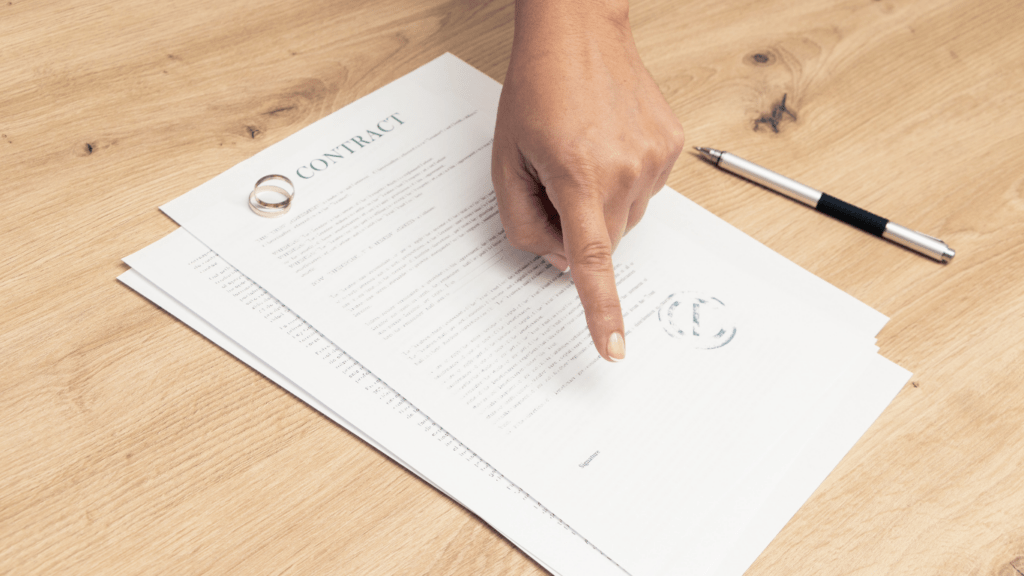Entering the realm of purchasing foreclosed properties can be a lucrative venture, but it’s crucial to navigate the legal landscape with precision. As someone who has delved into the intricacies of real estate transactions, I understand the importance of being well-versed in the legalities surrounding foreclosures.
From understanding the auction process to conducting due diligence, there are various legal aspects to consider before diving into this market. In this article, I’ll share my insights on how to navigate the legal complexities of buying foreclosed properties.
By shedding light on key legal considerations and offering practical tips, I aim to equip you with the knowledge needed to make informed decisions in this competitive market. Stay tuned as we explore the legal nuances that can impact your success in acquiring foreclosed properties.
Understanding Foreclosure
Navigating the intricate domain of purchasing foreclosed properties demands a solid grasp of the foreclosure process itself. Here, I break down the fundamental aspects of foreclosure to shed light on its nuances and implications for prospective buyers.
Firstly, foreclosure transpires when a property owner defaults on their mortgage payments. This triggers a legal process wherein the lender seeks to recoup the outstanding loan balance by selling the property. Understanding this core mechanism is crucial for those eyeing foreclosure properties.
Next, the foreclosure process typically involves stages such as pre-foreclosure, auction, and post-foreclosure. In pre-foreclosure, the property may still be redeemed by the owner before it goes to auction. The auction phase is where foreclosed properties are sold to the highest bidder, often requiring cash payment on the spot.
Following the auction, if the property remains unsold, it reverts to the lender and becomes a Real Estate Owned (REO) property. Buyers should be aware of the distinct intricacies and considerations at each stage to make well-informed decisions and avoid potential pitfalls in the foreclosure market.
Researching Foreclosed Properties
Researching foreclosed properties is a critical step in the process of buying them. In my experience, thorough research can help unveil crucial information that may impact the purchase decision. Here are key aspects to consider:
Evaluating the Legal Status
When researching foreclosed properties, it’s essential to assess their legal status. This involves verifying the ownership status, ensuring there are no unresolved legal disputes or pending lawsuits that could affect the property’s transfer.
I recommend checking public records, such as the county clerk’s office, to confirm the property’s title and any existing legal issues.
Assessing Liens and Judgments
Another important aspect of researching foreclosed properties is evaluating any liens or judgments attached to them. Liens can represent claims against the property for unpaid debts or taxes, while judgments may indicate legal actions taken against the previous owner.
By conducting a thorough investigation into any existing liens and judgments, you can understand the financial obligations associated with the property and assess its overall risk. Be sure to review official records and consult with legal professionals if needed to ensure a comprehensive evaluation.
Due Diligence Before Purchase
Researching foreclosed properties thoroughly before buying is crucial in navigating the complexities of the foreclosure market. Understanding the legal status of a property can help potential buyers avoid risks and make informed decisions.
Here are essential steps to take before purchasing a foreclosed property:
- Verify Ownership and Legal Disputes: Check the ownership status of the property to ensure there are no legal disputes or ownership issues that could affect the purchase. Confirm that the property is legally available for sale without any pending legal actions that might hinder the transaction.
- Assess Liens and Judgments: Evaluate any existing liens or judgments on the property that could lead to additional financial responsibilities for the buyer. Understanding the financial implications of these encumbrances is vital in determining the overall cost of acquiring the property.
- Consult Legal Professionals and Public Records: Seek guidance from legal professionals or real estate experts to conduct a thorough evaluation of the property’s legal standing. Utilize public records to gather comprehensive information about the property’s history, including any past legal issues or financial liabilities.
By conducting due diligence on foreclosed properties, potential buyers can mitigate risks, identify potential challenges, and make well-informed decisions when entering the competitive foreclosure market.
Legal Procedures in Acquiring Foreclosed Properties
In real estate, understanding the legal procedures of acquiring foreclosed properties is essential for navigating this complex market successfully. Key components such as the auction process and thorough due diligence are vital for making informed decisions amidst the competitive foreclosure landscape.
The foreclosure process involves multiple stages, including pre-foreclosure, auction, and post-foreclosure (REO properties), each presenting distinct opportunities and risks. By conducting detailed research on the property’s legal status and seeking professional guidance, buyers can mitigate potential setbacks and make informed, confident decisions when purchasing foreclosed properties.


